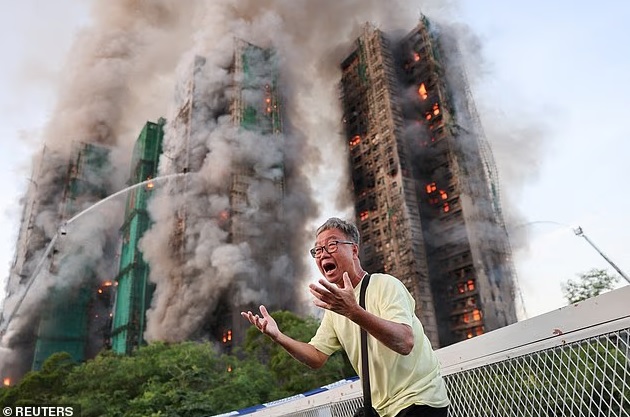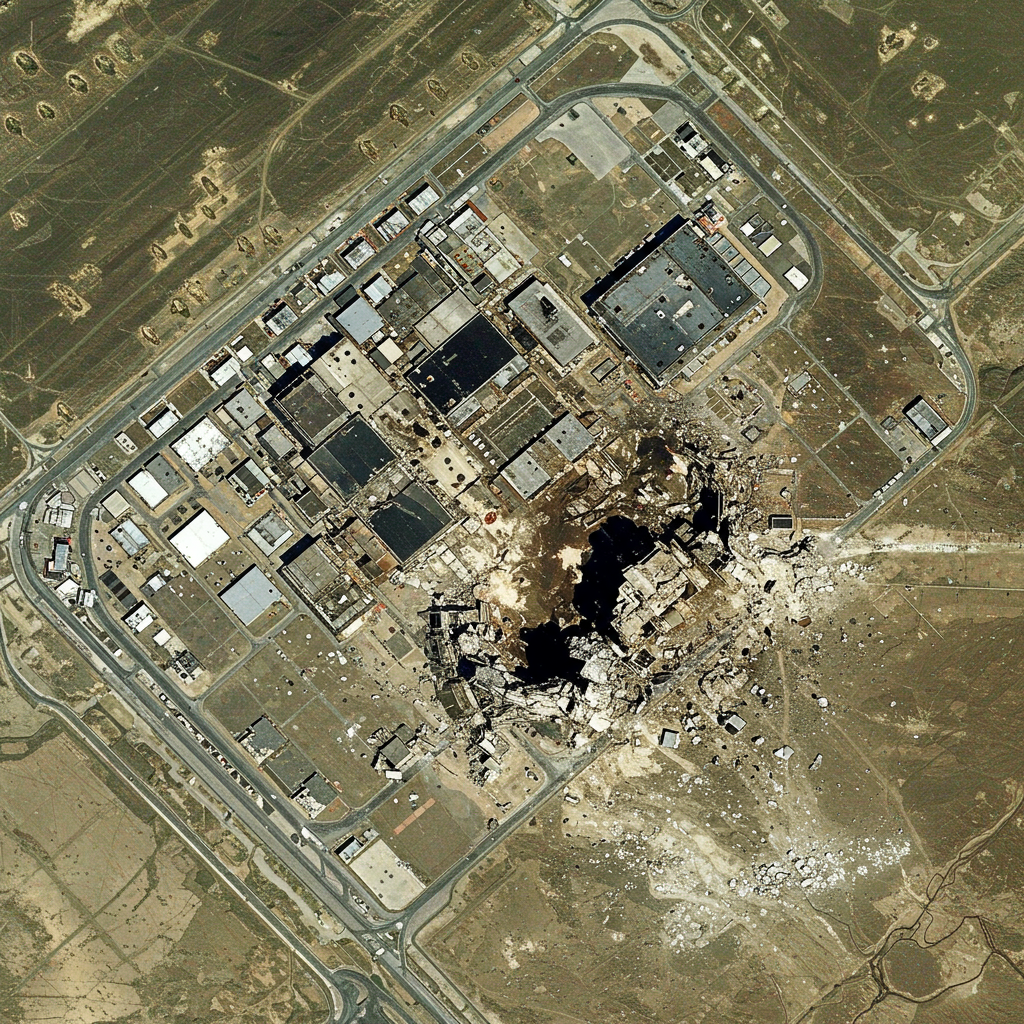Jurors in the high-profile federal trial of Sean “Diddy” combs will continue their deliberations after announcing they have reached a partial verdict but remain unable to agree on the most serious charge the hip-hop mogul faces: racketeering conspiracy. The development emerged in federal court in New York, indicating a critical impasse in the complex case.
After two days of intense discussion, the 12-person jury informed Judge Arun Subramanian on Tuesday that they had come to a unanimous decision on four of the five criminal counts against Mr. Combs. However, they stated they were deadlocked on the racketeering conspiracy charge, describing the situation as having “jurors with unpersuadable opinions on both sides.” This significant hurdle means the trial’s outcome remains uncertain, particularly regarding the charge carrying the most severe potential penalty.
Understanding the Deadlocked Racketeering Charge
The racketeering conspiracy charge is widely considered the most complex and challenging for prosecutors to prove in this trial. It falls under the Racketeer Influenced and Corrupt Organizations (RICO) statute, a law originally designed to target organized crime. To secure a conviction on this count, the prosecution must demonstrate that Mr. Combs established and participated in an illegal criminal enterprise. This requires proving a coordinated plan involving the musician and at least one other person to commit a pattern of at least two related criminal acts over several years. Legal experts, such as former federal prosecutor Robert Mintz, noted that this charge was always expected to be the most difficult, given its intricate requirements and historical use in organized crime cases. A conviction on the racketeering charge alone carries a possible maximum sentence of life in federal prison. The prosecution’s case alleges this scheme involved coercing alleged victims, including sex workers, through methods like intimidation and narcotics.
Status of Other Charges and Potential Sentences
While the jury is stalled on the racketeering count, they have reached verdicts on the four other charges Mr. Combs faces. These include two counts of sex trafficking and two counts of transportation to engage in prostitution. The verdicts on these four counts have not yet been made public and are not considered final until deliberations conclude on all counts or the judge accepts a partial verdict. This means the jury could potentially revisit their decisions on these counts as they continue trying to reach a unanimous verdict on the racketeering charge. If convicted of sex trafficking, Mr. Combs faces a statutory minimum sentence of 15 years and a maximum of life. Transportation for purposes of prostitution carries a maximum sentence of 10 years. Allegations related to transportation counts include claims of arranging flights for women across state lines.
Courtroom Drama and Continued Deliberations
Following the jury’s announcement of the deadlock on the racketeering count, a tense atmosphere enveloped the courtroom. Mr. Combs was observed sitting with his head bowed, hands clasped in his lap. His legal team offered support, occasionally placing arms around him. He also shared quiet moments with his family, including his mother and sons, reportedly offering words of reassurance before being escorted out.
Judge Arun Subramanian heard arguments from both the prosecution and defense on how to proceed. The prosecution urged the judge to deliver an “Allen charge,” a controversial instruction given to a hung jury to encourage them to attempt to reach a unanimous decision by reconsidering their positions without abandoning deeply held convictions. The defense objected, arguing it was too soon to apply such pressure. Ultimately, Judge Subramanian declined to issue a formal Allen charge at that time but instructed the jury to continue deliberating on the racketeering charge to try and achieve unanimity on all counts. Both sides reportedly agreed that encouraging further deliberation was preferable to an immediate deadlock on the main charge, which could potentially necessitate a retrial of the entire case.
Trial Context and Jury Insights
The trial itself has spanned over two months and involved extensive testimony. The jury heard from a diverse group of 34 witnesses, including ex-girlfriends of Mr. Combs, former employees, male escorts, and federal agents. Mr. Combs has maintained his plea of not guilty to all charges. His defense team rested their case quickly after the prosecution concluded, choosing not to call any witnesses. They have argued that the prosecution’s case attempts to criminalize Mr. Combs’ personal lifestyle, describing it as a “swinger lifestyle,” and contending that any alleged misconduct amounted to domestic violence rather than the federal felonies he is accused of.
Insights into the jury’s deliberation process have also emerged. The jury sent notes requesting specific testimony transcripts, including portions of Cassie Ventura’s testimony related to incidents at the InterContinental Hotel and the Cannes Film Festival, as well as her testimony regarding an Instagram post made after surveillance footage was released. They also requested Daniel Phillips’ testimony concerning an incident at the Essex hotel. Discussions between the legal teams and the judge occurred regarding the scope of transcripts provided. Earlier in deliberations, a concern arose about a potential “stealth juror,” identified as a 51-year-old veterinarian with a doctorate in molecular biology and neuroscience, prompting the judge to remind the jury of their obligation to follow instructions.
Deliberations are scheduled to resume on Wednesday morning and could potentially extend into Wednesday, July 3, despite the upcoming Independence Day holiday period. If needed, deliberations could resume after the holiday weekend. Sean Combs has remained in custody since his arrest in September 2024, confined to the Special Housing Unit in Brooklyn, with bail repeatedly denied.
Importantly, no formal verdict on any of the five counts has been read aloud in court or made public. The jury’s decisions on the four non-racketeering counts, while unanimous among the panel so far, will not be finalized or announced unless they reach a unanimous decision on the racketeering charge or the judge accepts a partial verdict at a later stage. The process underscores the complexity and gravity of the charges and the trial proceedings.
Frequently Asked Questions
What is the racketeering charge Sean “Diddy” Combs faces?
The racketeering conspiracy charge is the most serious count in Mr. Combs’ federal trial. It falls under the RICO Act and alleges he participated in an illegal criminal enterprise. Prosecutors must prove he conspired with others to commit a pattern of at least two related crimes over several years. This charge is complex, often used in organized crime cases, and carries a potential maximum sentence of life in prison if convicted.
What is the current status of the jury deliberations?
The jury has reached a partial verdict, agreeing on four of the five charges against Mr. Combs. However, they are deadlocked on the most serious charge, racketeering conspiracy, due to jurors holding unmovable opinions. The judge has instructed the jury to continue deliberating to attempt to reach a unanimous decision on all counts. No formal verdicts have been read aloud in court yet.
Who testified in the Sean “Diddy” Combs trial?
Over the course of the two-month trial, the jury heard testimony from 34 witnesses. This group included various individuals connected to Mr. Combs, such as ex-girlfriends, former employees, male escorts, and federal agents involved in the investigation. The defense did not call any witnesses during their case presentation.
The deadlock on the critical racketeering count means the Sean “Diddy” Combs trial remains unresolved, with the jury tasked with continuing their difficult work to reach a unanimous decision. The outcome of these ongoing deliberations will significantly impact the future of the prominent music mogul.
Word Count Check: 1042



